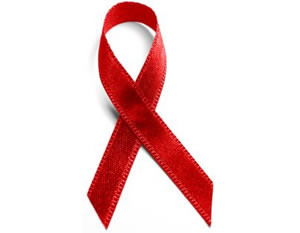Study: U.S. HIV Infection Rates Drastically Underreported
The United States is in far worse shape when it comes to HIV infection rates than researchers previously thought, according to a new study conducted by the Centers for Disease Control and Prevention that attributes the whopping 40 percent adjustment to more precise research methods.
The United States is in far worse shape when it comes to HIV infection rates than researchers previously thought, according to a new study conducted by the Centers for Disease Control and Prevention that attributes the whopping 40 percent adjustment to more precise research methods.
Your support matters…The New York Times:
The United States has significantly underreported the number of new H.I.V. infections occurring nationally each year, with a study released here on Saturday showing that the annual infection rate is 40 percent higher than previously estimated.
The study, conducted by the Centers for Disease Control and Prevention, found that 56,300 people became newly infected with H.I.V in 2006, compared with the 40,000 figure the agency has cited as the recent annual incidence of the disease.
The findings confirm that H.I.V., the virus that causes AIDS, has its greatest effect among gay and bisexual men of all races (53 percent of all new infections) and among African-American men and women.
Independent journalism is under threat and overshadowed by heavily funded mainstream media.
You can help level the playing field. Become a member.
Your tax-deductible contribution keeps us digging beneath the headlines to give you thought-provoking, investigative reporting and analysis that unearths what's really happening- without compromise.
Give today to support our courageous, independent journalists.






You need to be a supporter to comment.
There are currently no responses to this article.
Be the first to respond.